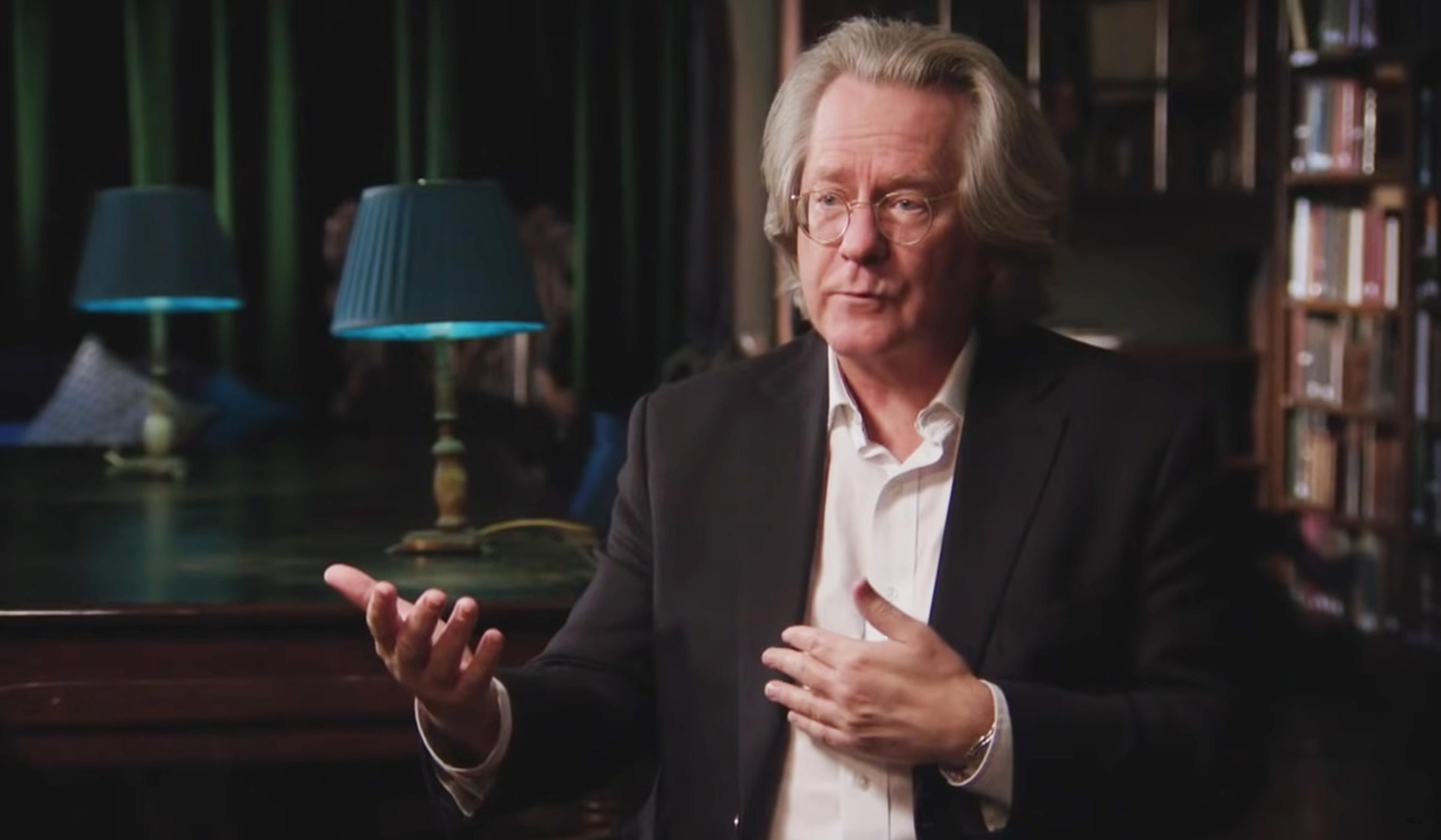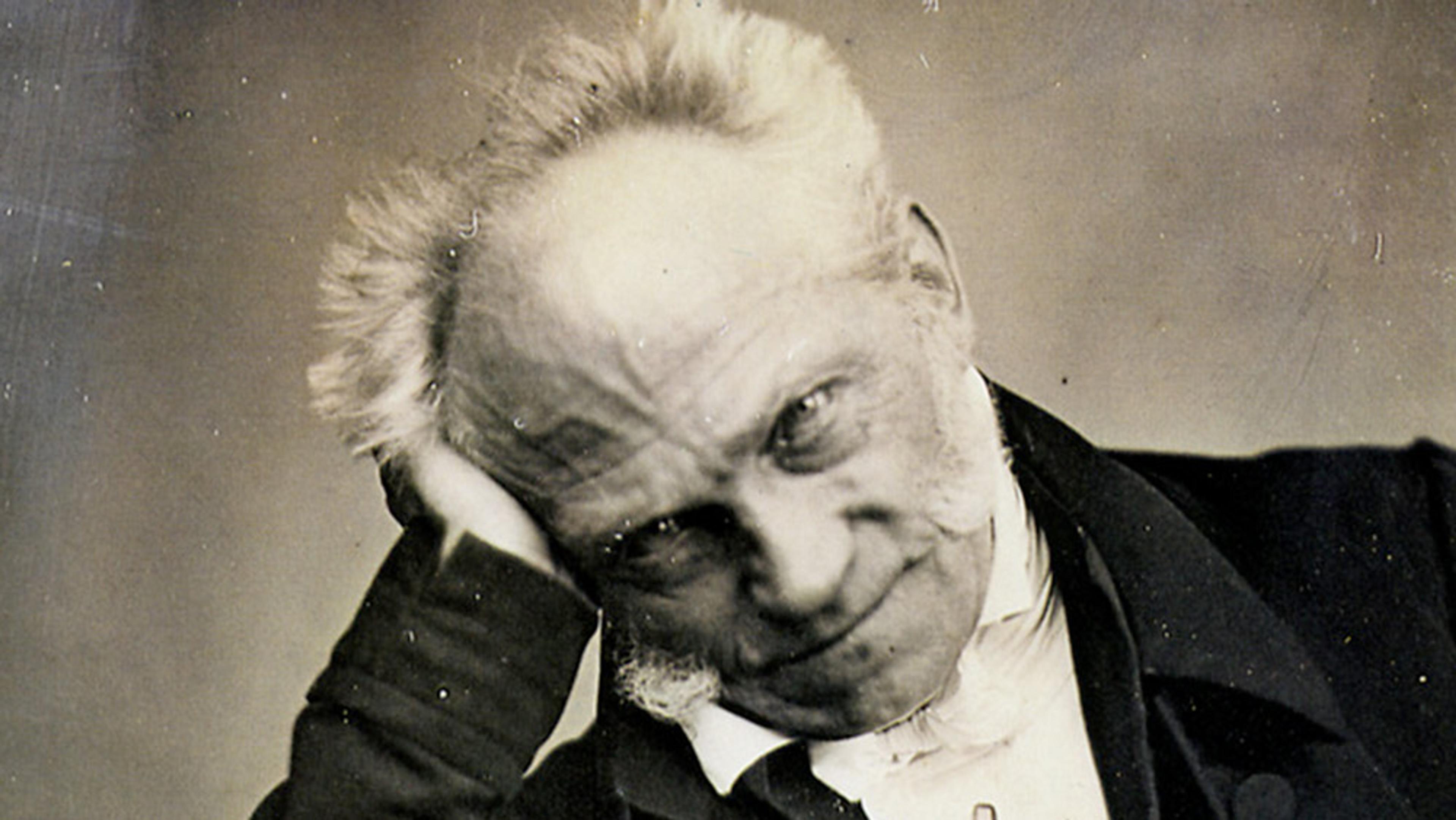The 18th-century German philosopher Immanuel Kant believed that lying – no matter how noble or even life-saving a lie might seem – is always morally wrong. Kant’s view drew a distinct contrast with his utilitarian contemporaries, including the English philosopher Jeremy Bentham, whose outlook could be boiled down to the maxim that ‘the greatest happiness of the greatest number is the foundation of morals’. In this lecture at Harvard University in 2009, the US professor and political philosopher Michael Sandel draws from the highly influential text Groundwork of the Metaphysic of Morals (1785) to explore Kant’s somewhat counterintuitive outlook on morality. In doing so, Sandel, with his talent for elucidating complex ideas, builds a deeper context for Kant’s worldview, including his thoughts on human uniqueness, dignity and agency.
All’s not well that ends well – why Kant centred morality on motives, not outcomes
Video by Harvard University
Producer: Leon Kelly
Website: Justice with Michael Sandel

videoEthics
Can a lie ever be noble? Why Kant believed even a life-saving fib was immoral
2 minutes

videoEthics
Facts and reason are not enough. If you want to understand politics, look to morals
3 minutes

videoPolitical philosophy
Beyond the veil – what rules would govern John Rawls’s ‘realistic Utopia’?
6 minutes

videoMetaphysics
Is the question ‘Why is there something instead of nothing?’ even worth asking?
9 minutes

videoThinkers and theories
The intellectual legacy of philosophy’s greatest pessimist: life is suffering, art is supreme
44 minutes

videoVirtues and vices
Why Jean-Jacques Rousseau and Adam Smith were divided on the virtues of vanity
5 minutes

videoPolitical philosophy
Want to build a just society? John Rawls said to start by ignoring your identity
2 minutes

videoSocial psychology
Don’t misread Darwin: for humans, ‘survival of the fittest’ means being sympathetic
5 minutes

videoKnowledge
Why David Deutsch believes good explanations are the antidote to bad philosophy
10 minutes